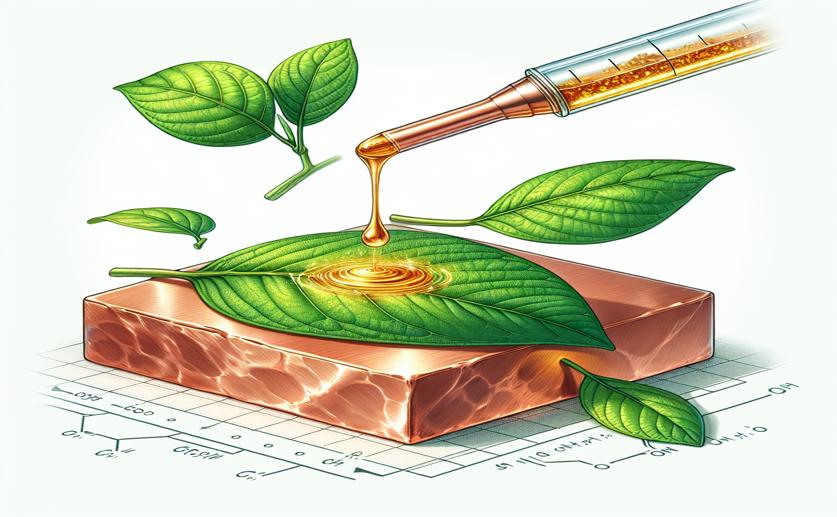
How Jackbean Leaf Extract Protects Copper from Acid Corrosion
Jenn Hoskins
7th February, 2024

Image Source: Natural Science News, 2024
EnvironmentBiochemPlant Science
References
Main Study
1) Insights into the Corrosion Inhibition Mechanism of Canavalia gladiata Leaf Extract for Copper in Sulfuric Acid Medium.
Published 6th February, 2024
https://doi.org/10.1021/acs.langmuir.3c03124



 21st January, 2024 | Greg Howard
21st January, 2024 | Greg Howard